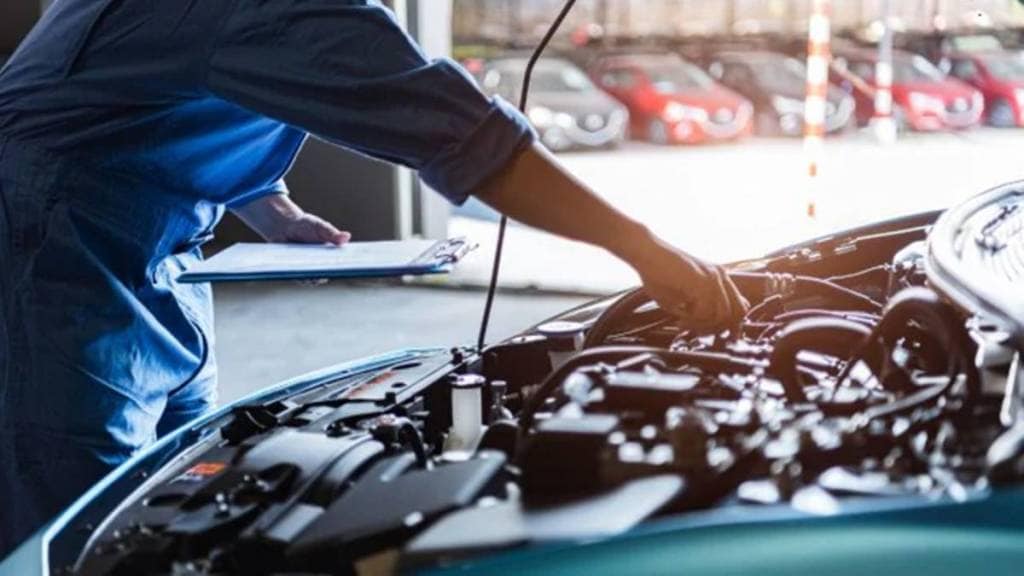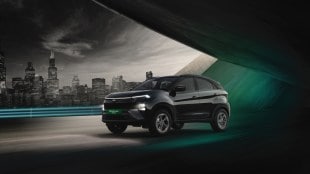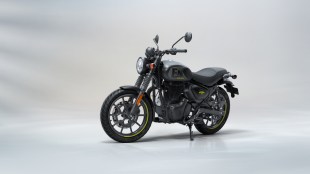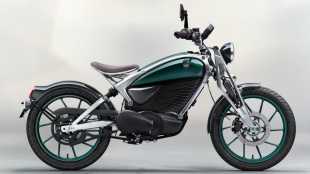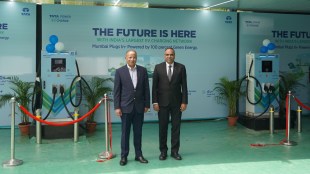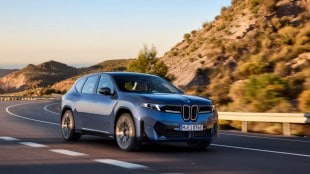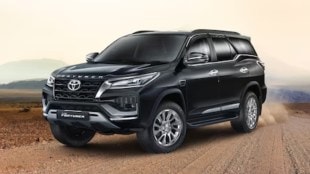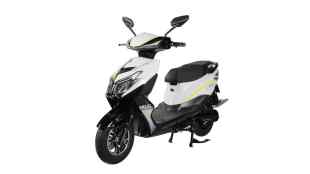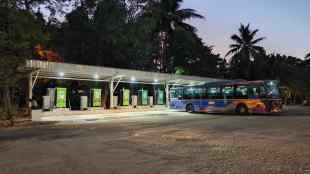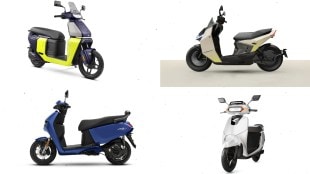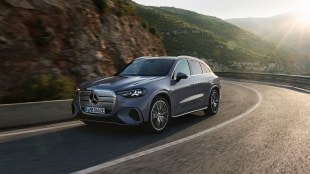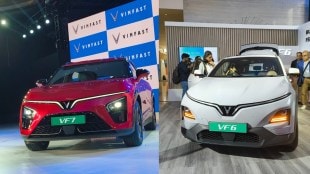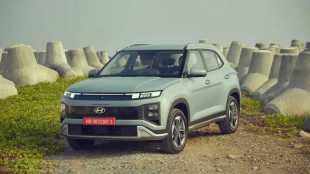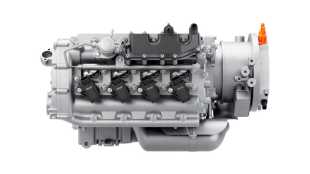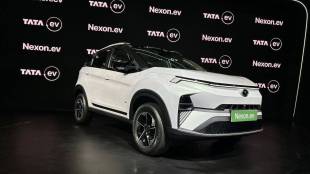Indian auto component manufacturers will face significant blow following US President Donald Trump’s decision to impose a 25% tariff on imported cars and auto parts from April 2. Industry analysts said that component makers are expected to bear the brunt more than vehicle manufacturers, with Tata Motors’ subsidiary Jaguar Land Rover (JLR) being an exception.
With India exporting $5.72 billion worth of auto components to the US in FY24, accounting for 27% of the sector’s total exports, the tariff is set to disrupt supply chains and dent revenues. Unlike fully built vehicles, which India exports in limited numbers to the US, component exports are substantial, making them highly vulnerable to the tariff hike.
Among the hardest hit will be Sona BLW Precision Forgings and Bharat Forge, which derive 43% and 38% of their revenues, respectively, from the US market. As most of their products are manufactured in India, they are fully exposed to the tariff shock. Sona BLW has been diversifying into China, Japan, and South Korea to mitigate risks, aiming for these markets to contribute over 50% of its revenue within five years. Bharat Forge, however, lacks similar buffers and could face immediate headwinds.
Samvardhana Motherson International (SAMIL) appears better positioned, thanks to its manufacturing presence in Alabama. It generates around 20% of its revenue from the US. The company can continue supplying domestic automakers within the US, avoiding the tariff impact. However, it supplies components to other global auto manufacturers who export to US market, and will get impacted on this front. “Our globally local strategy ensures that we have manufacturing facilities close to customers, reducing exposure to external trade disruptions,” SAMIL’s director Laksh Vaaman Sehgal had said in the company’s Q3 earnings call.
On the passenger vehicle side, Tata Motors’ subsidiary Jaguar Land Rover (JLR) faces potential repercussions. The US accounts for nearly 23% of JLR’s global sales, and a price increase to offset the tariff could dampen demand.
According to Morgan Stanley if JLR absorbs the tariff instead of passing costs to consumers, its operating margins could shrink by 200 basis points, affecting its FY26 Ebit estimates. The company may even consider setting up a US manufacturing plant to mitigate the long-term impact.
Industry analysts said that while India’s overall dependence on the US for auto exports is lower than that of Mexico, Canada, or the European Union, certain segments like engine components and powertrains, are deeply intertwined with the US market. Nearly 29.2% of India’s total auto component exports are US-bound, with diesel engine parts showing an even higher reliance at 31.4%.
According to JATO Dynamics India president Ravi G Bhatia, while Trump’s tariffs will create short-term disruptions, they are not a “Tsunami”. “Indian suppliers will find ways to retain their market share in the US, leveraging cost advantages,” he said. However, some Indian automakers with global expansion plans, including electric vehicle ventures in the US, may reassess their strategies.
